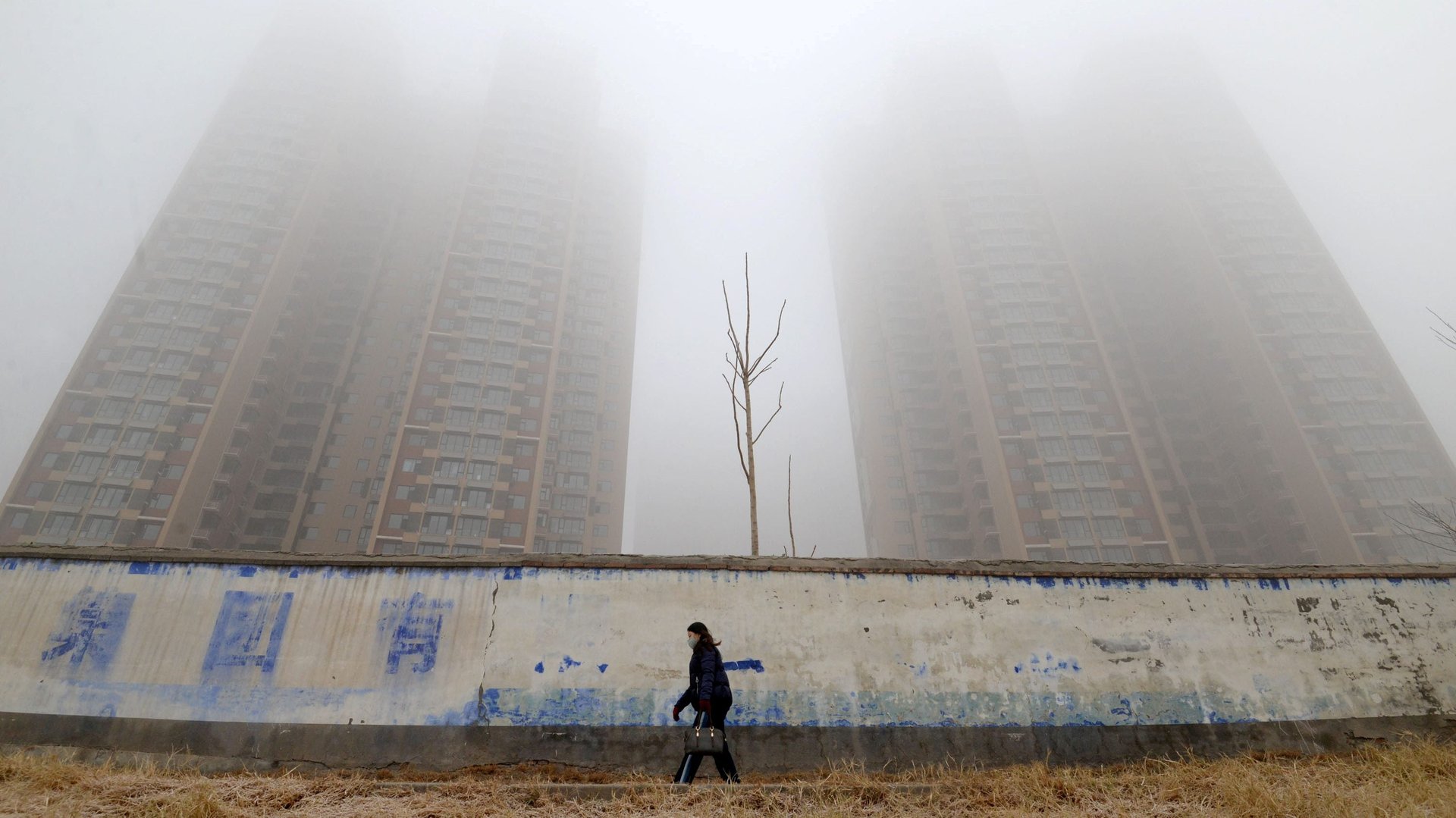China’s new carbon trading market isn’t working
The price of emissions credits in China’s carbon trading market reached a record low on Aug. 20, the latest sign that the market’s structural flaws are preventing it from working as an effective weapon against climate change.


The price of emissions credits in China’s carbon trading market reached a record low on Aug. 20, the latest sign that the market’s structural flaws are preventing it from working as an effective weapon against climate change.
China launched its new carbon market in mid-July. It had been under development by government officials for more than a decade.
The market could eventually provide a powerful impetus toward the country’s goal to reach net zero emissions by 2060, as it forces about 2,200 high-emitting power plants to pay for pollution that exceeds the volume allowed by permits that are distributed by the government.
The EU also has a carbon market, but it is designed differently, and the Chinese version’s structure has kept the price per ton of CO2 much too low to have a significant impact on the behavior of polluters or energy investors. On Aug. 20, when the price in China hit $7.55 (it bounced back a bit to $7.72 on Aug. 23), it was $63.80 in the EU.
Why China’s carbon market isn’t working
The biggest problem, analysts say, is that the government has handed out far too many allowances. Since the market’s launch, the daily volume of trading has declined significantly as the covered companies find themselves with plenty of credits to spare. Unlike the traditional design of a “cap-and-trade” market, China’s market has no hard ceiling on the total number of permits that can be allocated. And there’s no plan to gradually wind that number down, which in theory drives up the price of permits, and thus drives down emissions.
This week, Huang Runqiu, China’s ecology and environment minister, told Argus Media the market is in need of reform, and that new regulations are on their way. Until then, the price will likely continue to crash.